Latest Posts

Verifying a HAMSTAD Benchmark for an Insulated Roof Model
Heat and moisture (HAM) transport is an important area of study for building materials and structures, as it can affect the rate and coverage area of mold growth.
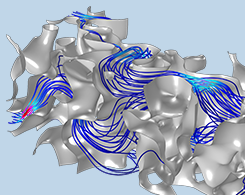
Modeling Darcian and Non-Darcian Flow in Porous Media
Get an introduction to the theory behind modeling flow in porous media, including the Kozeny–Carman, Forchheimer, Ergun, Burke–Plummer, and Navier–Stokes equations.
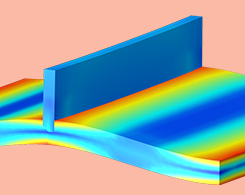
How to Predict the Fatigue Life of Welds
After an introduction to the welding process and weld geometries, we compare the nominal stress method, notch stress method, and hot spot stress methods for predicting the fatigue life of welds.
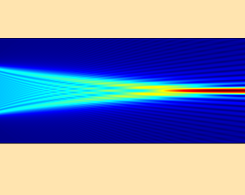
How to Perform Lens Simulations Using the Wave Optics Module
Lens simulations in wave optics can be difficult to perform, as they usually require a lot of mesh elements. Learn how to sidestep this issue using the functionality of the Wave Optics Module.
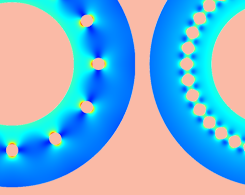
Making Structures Stronger by Removing Material
To make a structure stronger, sometimes you have to take material away instead of adding more. We go over concepts like fillets, load paths, and displacement control to demonstrate this concept.
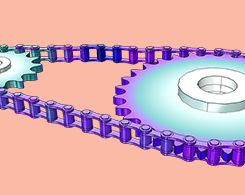
Building Roller Chain Geometries in the Multibody Dynamics Module
You can easily set up a geometry model of a roller chain, sprocket, or roller chain sprocket assembly using the built-in parametric geometry parts in the COMSOL Multiphysics Part Library.
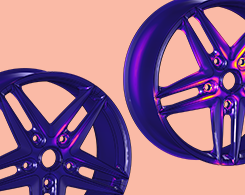
Optimizing Composite Wheel Rim Designs with COMSOL Multiphysics®
Composite wheel rims are stronger and lighter than their conventional steel and aluminum counterparts. Plus, they offer better acceleration, braking, and cornering on the road.

Happy Birthday, Edith Clarke
Once hired as a “human computer”, electrical engineer Edith Clarke is known for inventing the Clarke Calculator, which solves capacity and inductance calculations for long transmission lines.
